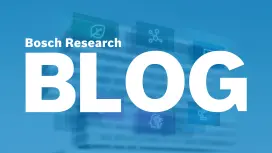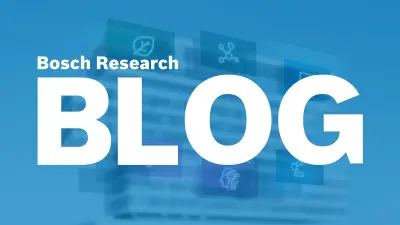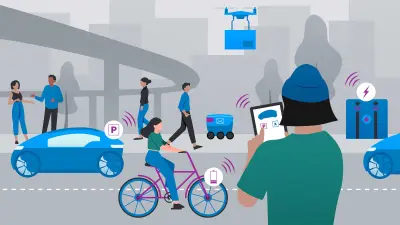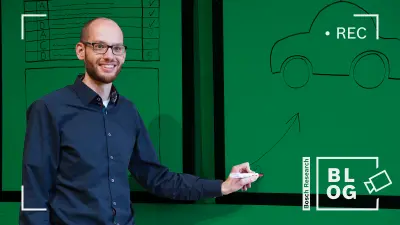What does tokenomics mean for the Internet of Things?
Bosch Research Blog | Post by Ricky Lamberty, 2021-06-09

Today’s digital socio-economy is being driven by two opposing trends. On the one hand, the emergence of Web 2.0, characterized by interconnectedness and scaling effects, has led to the centralization of functionalities such as computing, identity and matchmaking, with central, private orchestrators extracting profits from contributors by managing control points.
The second trend stems from the insight that decentralized technologies such as distributed ledger technology (DLT) could pave the way for secure economic coordination without the need for the support and permission of private orchestrators acting as intermediaries, enabling contributors to keep their business models profitable. This development is referred to as the democratized web, Web 3.0 or the crypto movement.
Digital representation via cryptographic tokens
The digital representation of a tangible or intangible asset through the use of DLT is called a cryptographic token. Generally speaking, a token is a piece of data that serves as a representation of a fact or right. For example, a driving license card is a physical token that represents the fact that you have been taught how to drive a car and are permitted to do so. A token would be the representation of that license in the digital world.
Another important aspect to consider is that, by using cryptographic tokens, DLT has introduced an element of finite supply that transforms the “Internet of Information” into the “Internet of Value”. The key difference between information and value is that the former is available in abundance, while the latter is in scarce supply. In the digital economy, tokenomics thus provides a tool that enables social coordination in evolving and open systems made up of a large number of participants.
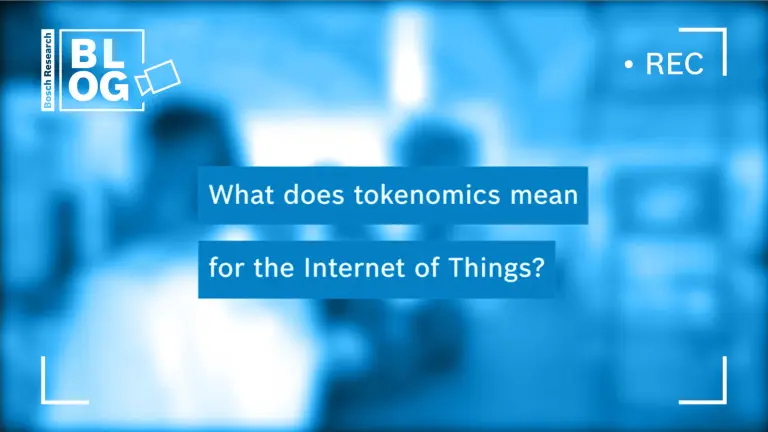
Loading the video requires your consent. If you agree by clicking on the Play icon, the video will load and data will be transmitted to Google as well as information will be accessed and stored by Google on your device. Google may be able to link these data or information with existing data.
In brief, the team behind the “Economy of Things” project at Bosch Research is convinced that by establishing suitably organized marketplaces, along with payment and incentive systems, Europe’s diversity and individuality will be leveraged as strengths to provide an efficient and globally competitive basis for a value-based digital economy.
What are your thoughts on this topic?
Please feel free to share them via LinkedIn or to contact me directly.
Author: Ricky Lamberty
Ricky Lamberty has been conducting research and completing his PhD at the University of Basel since 2019, focusing on “Cryptoeconomic Primitives.” In parallel, he also contributes his knowledge to the strategic advance development project “Economy of Things” (EoT) at Bosch Research as an expert for tokenomics and digital payment.

